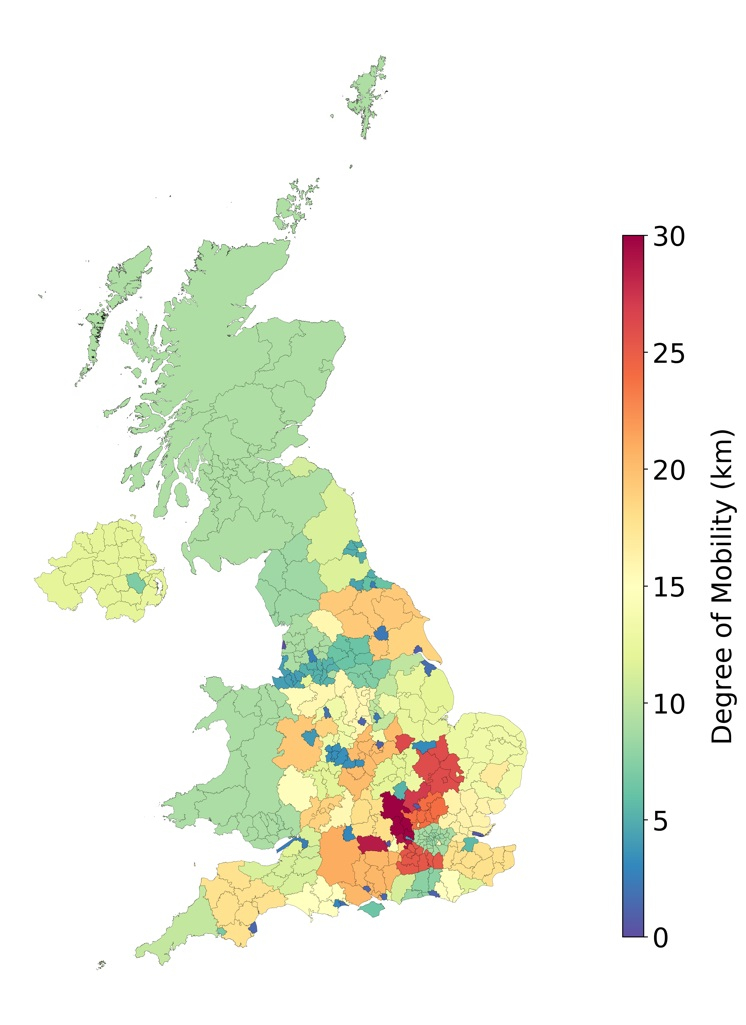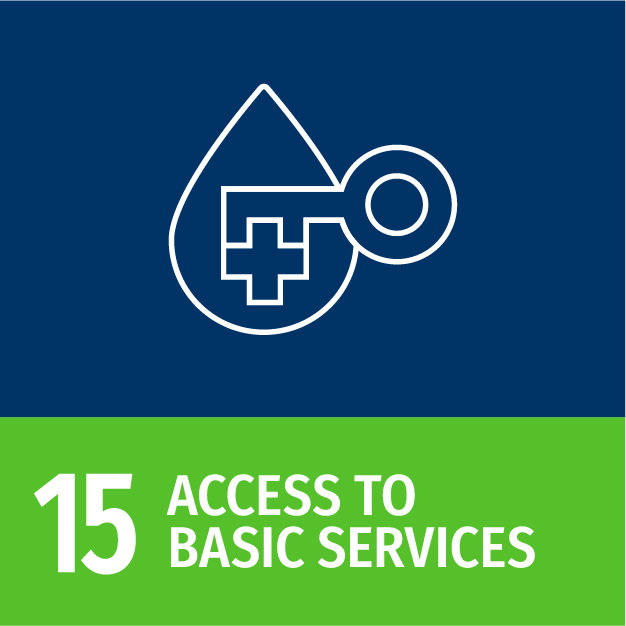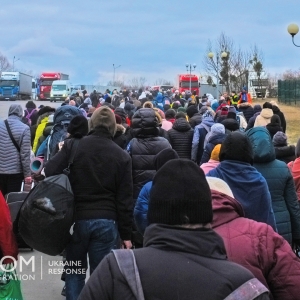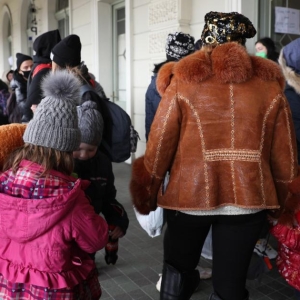
Measuring the effectiveness of COVID-19 policies in the UK by using mobile phone data
Summary
This innovative data project assessed the effects of the COVID-19 restriction measures on the mobility patterns of people in the UK with using mobility data from mobile phones’ call detail records (CDRs). The team used a large, national-scale data set on human mobility – provided by Cuebiq – to measure changes in the mobility of (anonymised) mobile phone users to evaluate the population’s adherence to the lockdown measurements. The data is collected from mobile phone users who have opted into the GDPR-compliant privacy framework.
Results
The results of this innovative research approach demonstrated that mobile phone data provides for quick and accurate assessments of human mobility on the local and national level that could help to design effective response policies during the COVID-19 pandemic in the UK. For instance, the results showed that before the lockdown measurements were enforced human mobility had already decreased by about 10 percent, and once people were encouraged to work from home it dropped to about 50 percent compared to before the pandemic. Furthermore, the CDR-based research approach also uncovered that the social isolation policies disproportionately affected different groups, as it was more feasible for high-income groups to work from home than for low-income groups. Overall, this innovative data project underlines the insights that can derive from analysing new data sources such as CDRs, especially in the face of acquiring quick and precise information during natural disasters such as the COVID-19 pandemic.
(Image: © covid19-uk-mobility.github.io)







